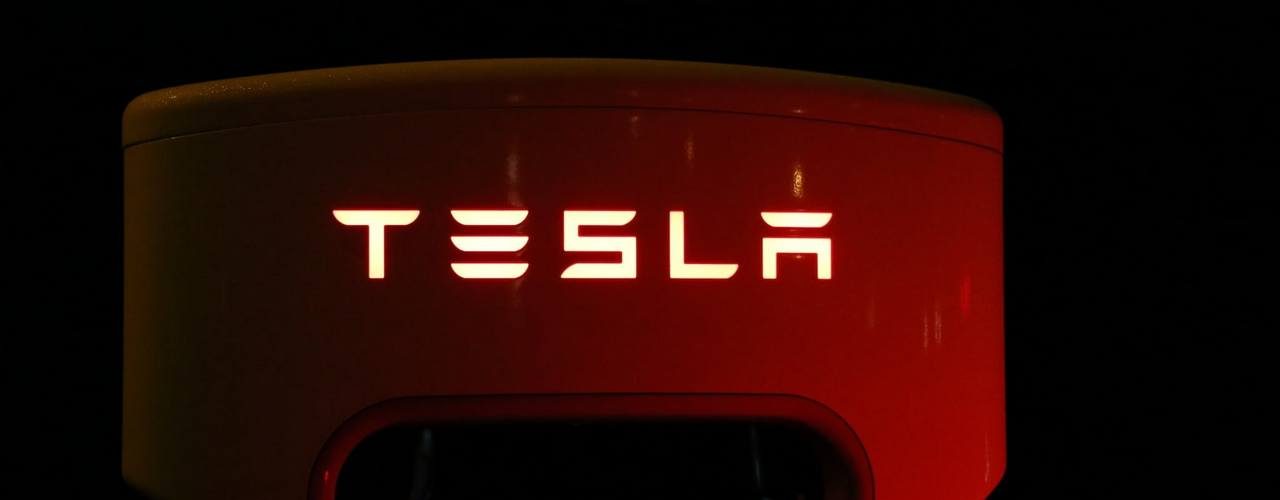The case concerned a company that, as part of their green profile, had purchased electric cars for use in their operations and therefore wanted to invest in a charging station that would be located at the company’s address/domicile. The questioner would manage the operation of this himself at his own expense and risk.
In addition to the purely commercial use of the electric charging stand, the questioner also wanted to allow the employees to charge their private electric cars free of charge at the questioner. In addition, the questioner also wanted to offer customers, suppliers and other business partners free charging of their cars when they were on a business visit to the questioner.
The questioner had therefore asked in more detail about the right to deduct electricity expenses for charging employees and customers, etc. ‘s private cars as well as any taxation of this good. In addition, questions were asked about the right to deduct VAT from the expenses for the aforementioned charging, as well as reimbursement for the electricity tax for the aforementioned charging.
The Tax Council was also able to confirm that the expenses for charging the employees’ private electric cars had to be considered a salary accessory and thus a deductible salary expense. However, the Tax Council found that when an employer has made free charging of the employees’ private electric cars available at the workplace, use of the charging stations should be considered a taxable employee benefit that should be taxed based on the market price. The good would, however, be covered by the trifling limit for minor staff benefits, so the good could be taxed if the total value of such good, including Christmas presents, from one or more employers exceeded DKK 1,200 per year. in 2022.
The Tax Council could also confirm that the questioner could make deductions for expenses for free charging of customers, suppliers and other business partners’ private cars, but that the expense had to be considered representation expenses, where the right to deduct would be limited to 25 per cent. of the expenses incurred.
In addition, the Tax Council found that the value of such charges for customers, suppliers and other business partners could be considered to be within the typical expenditure level for a tax-free representation service such as a dinner at a restaurant and that the value of such charges was considered to be very modest. Finally, the charging took place at the questioner’s place, while the customers and others was with the questioner on business matters, and thus in connection with the performance of work, and thus the acquisition of income, in relation to the company that the recipient represented. On this basis, the Tax Council found that customers, suppliers and other business connections should not be taxed on the value of the free charging of their cars.
As far as questions about electricity tax were concerned, the questioner confirmed that the questioner could be reimbursed for the electricity tax for the electricity that was used in the questioner’s charging station for free charging of the employees’ private electric cars, the questioner’s customers’, suppliers’ and other business partners’ electric cars on questioner’s address/domicile.
The Tax Council could not confirm that the conditions for the questioner to be able to receive reimbursement for the electricity tax according to the Electricity Tax Act were met, as the law’s requirement for the right to deduct VAT was not met, cf. questions 11 and 12.
The Tax Council could, on the other hand, confirm that the questioner could receive reimbursement under the special scheme, cf. § 21 of Act No. 1353 of 21 December 2012 (with later amendments), for the electricity tax for the electricity that was used for free charging of the questioner’s employee’s private electricity cars as well as the electric cars of the questioner’s customers, suppliers and other business partners. It was taken into account that the questioner could be considered a consumer of the electricity according to the special scheme, since the electricity was consumed by the company during charging, regardless of the fact that the charging service was used free of charge for the questioner’s employee’s private electric cars, as well as the questioner’s customers’, suppliers’ and other business partners’ electricity -cars. It was assumed that the charging station was operated at the questioner’s expense and risk, and that the questioner was involved in the operation of this charging station,
As far as the question of VAT deduction was concerned, the Tax Council could not confirm that the questioner had the right to deduct VAT on expenses (electricity and acquisition, operation and maintenance of charging stations) for charging:
- The questioner’s own cars
- employees’ own cars
- private cars of customers, suppliers and other business partners
However, the Tax Council could confirm that the questioner had the right to deduct VAT on expenses (electricity and acquisition, operation and maintenance of charging stations) for charging the questioner’s own vans with a permissible total weight of no more than 3 tonnes.
Finally, the Tax Council refused to answer question 13, as the question asked was not in the nature of a tax, levy or VAT disposition, but rather dealt with the company’s administration for handling the tax regulations.
Source: skat.dk















